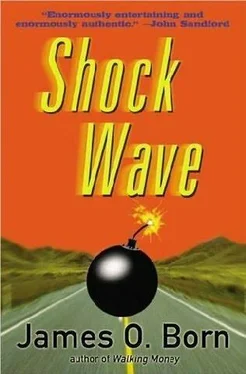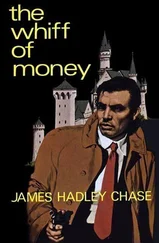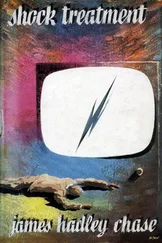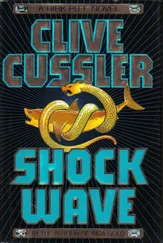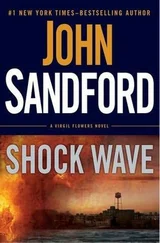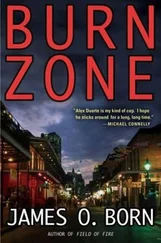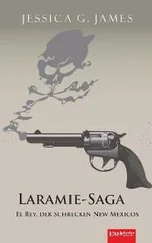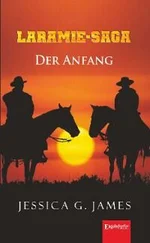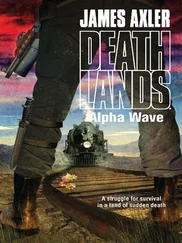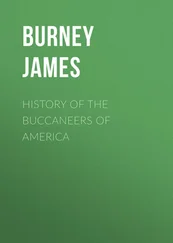“More important than me?”
“ ’Fraid so. Sorry.” The line went dead.
Something was up with that girl, and he didn’t like to think what it could be.
…
Tasker settled into his surveillance like most any cop looking at a sixteen-hour stint: slowly. He pulled his Cherokee back a few feet to catch the shade of the empty building’s overhang as the sun slid west across the sky. Even though he knew he could leave the area for food or a bathroom break, he was prepared and had packed two sandwiches, though more out of economic need than dedication to duty. His little cooler held four canned Cokes, and his empty Gatorade bottle was on the seat next to him. The big bottle, or as the drug guys call them, the “portable John,” eliminated the need for repeated runs to the nearest gas station, which in this case was ten minutes away. Tasker asked his neighbor to save the bottle since he wouldn’t buy Gatorade. Being a Florida State alumnus, he had an aversion to anything developed at the University of Florida. He had bought Powerade for years before the commercial showing the origins of Gatorade began airing. Keith Jackson aside, he had no reason to be reminded of anything worthwhile coming out of Gainesville.
The day was uneventful, with several more cars than usual visiting the house. From his current position, with the help of binoculars, Tasker could clearly make out faces coming and going at the old, run-down house. None of the drivers coming up or down Krome even seemed to notice him. No pedestrians walked past. That was the only way to tell his Cherokee was running. He had his fanny pack with a Beretta model 92-the.40 caliber-and two extra magazines in his belly bag. To be on the safe side, he had pulled his Heckler & Koch MP5 nine-millimeter machine gun and put the short black weapon on the front seat with an extra thirty-round magazine next to it. It seemed like overkill. He wasn’t what some cops called a “gun queer.” He just thought that if something happened way out here in the middle of nowhere he should be prepared. He had just been issued the.40-caliber Beretta to replace his old nine-millimeter. Between the two guns he had almost a hundred rounds in case of trouble.
The hours passed, until the sun finally set over the Everglades and he stepped out of the car to stretch. He turned off the engine and leaned against the warm hood, twisting one way, then the other. In a matter of seconds, he felt first tiny gnats, sometimes called “no-see-ums,” then the bigger, louder mosquitoes started to land and attack his ears, neck and exposed arms. He tried to brush them off a few times, but they landed in greater force each time. Finally he retreated back into the Cherokee and slammed the door, cursing the tiny bloodsuckers. He cranked the engine and then spent ten minutes killing all the mosquitoes that had followed him into the vehicle. The small incident turned his mood sour and focused the frustration of the case. In fact, he felt frustration at this surveillance. There had to be a better use of his time. How had he gotten talked into it? As he tried to recall the chain of events that had him sitting next to a swamp watching an old man’s house with seventy-five mosquitoes at eight o’clock on a Saturday night, an old Chevy Caprice rumbled into the lot and parked near the rear edge, about a hundred feet from Tasker. His lights were off, but the engine was running. He kept an eye on the vehicle as five young men poured out of the lime-green, beat-up car. They huddled around the hood talking for a few minutes, then, almost in a single-file line, started slowly strolling toward Tasker’s car.
Four of the men stopped next to the building as the one in the lead came to within a few feet of the Cherokee. Tasker looked at his passenger seat, where the Miami Herald sports page was covering his MP5. He looked through his tinted window, knowing the twenty-year-old white kid couldn’t tell who was inside. He heard the guy in jeans and a plain white T-shirt say, “Yo,” then, after no response, get louder and say “Yo” again. Two of his friends came up to join him. One moved to the passenger side of the car. Tasker smiled thinking of a Discovery Channel show he’d watched with his girls about the pack behavior of wild dogs hunting antelope in Africa. The big difference was that the antelope didn’t have automatic weapons.
The leader took a step forward and tapped on the window. “Yo, mister.”
Tasker knew that they had a problem with gangs out here. Some preyed on migrant workers, some sold crack. Tasker hoped these might be the bullies who bothered the poor migrants. Rolling down the window, he could’ve made these losers a mile away for redneck dropouts from some high school south of Kendall.
The leader said, “Man, why didn’t you answer me?”
Tasker kept his voice low and calm, “Didn’t know I had to.”
The kid looked at him sideways and said, “Yo, whatchu doing out here? You lost?”
“I’m fine, thanks.” He started to roll up the window.
“Wait, wait, wait.”
Tasker stopped the window. “What?”
“This here is private property.”
“Is it yours?”
“Naw.”
“Then don’t worry about it,” said Tasker, rolling the window the rest of the way up.
The kid stepped closer and rapped on the window with his knuckles.
Tasker appreciated these young men breaking his boredom, but he had to put an end to it. As the window came down again, he said, “What’d ya want, son?”
“Naw, man, what do you want?”
“I don’t want a thing from you.”
“Then you must got something. ’Cause out here you either keep driving, you need something or you got something. So what do you got?”
Tasker shrugged, sliding his hand under the unfolded Miami Herald. “I don’t know. All I got is this submachine gun.” He pulled the MP5 up from under the newspaper. “You want some of it?”
The young man stumbled back, saying, “No sir, I’m sorry to bother you.” By the time he was on his feet, his friends were in the car, throwing it into drive.
Tasker chuckled as they burned rubber out of the lot. His temporary good mood faded quickly as he felt the frustration rising in his mind again.
Derrick Sutter had never been obsessed with anything or anybody, except maybe himself. He acknowledged this character trait and attributed it to his mother, who used to tell him, “No one will ever love you like your mom or yourself.” He’d found it to be true. Both his mom and he tended to focus on one subject: his happiness.
Now he had to admit that he was very nearly obsessed with this crazy case, or at least with Alicia Wells. Not ’cause she was a knockout, which she definitely was, but because she was the only person who had ever successfully escaped from him in the city. It was bad enough he had trouble finding her, but to have his hands on her then have to cry like a little girl for the second time in two days. He had to find her. Luckily, hanging out at topless bars wasn’t the worst form of police work.
He didn’t mind working on a Saturday night late when he thought about poor, obsessed Bill Tasker. That boy was gonna work himself into an early grave. When Sutter had called him, about an hour ago, the FDLE agent was still on post, watching the damn KKK house. He was a better man than most. Even Sutter admitted to himself that if he was out there alone on a Saturday night, he’d risk missing Wells and head out to have some fun. Tasker took things too seriously to have much fun.
Sutter leaned back in his tall chair at the Harem Club and surveyed the line of stages as he took a swig of his Bombay and tonic. A blond on the last stage might be Alicia. He couldn’t tell, and he damn sure wasn’t going to get too close this time.
Читать дальше
